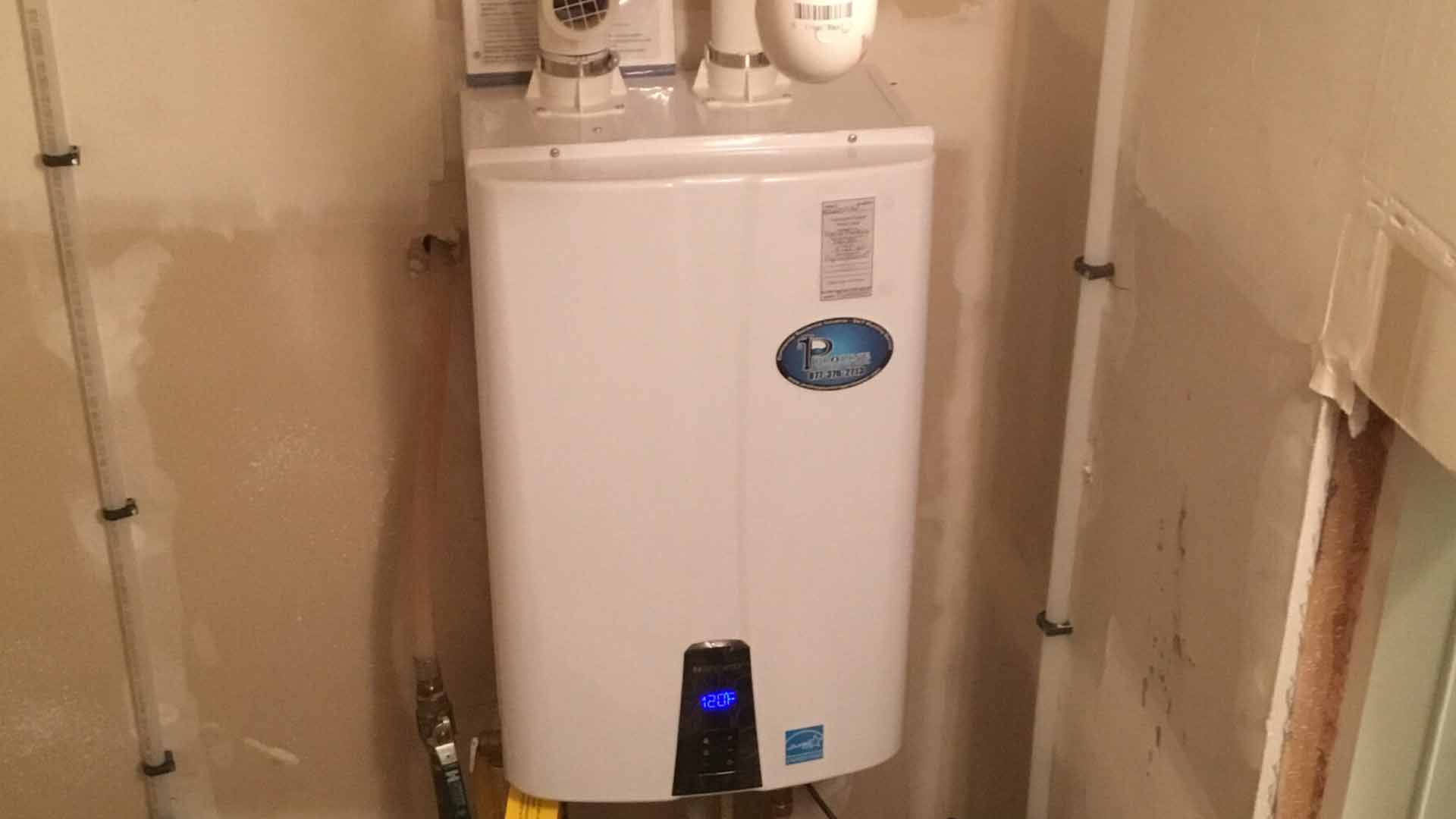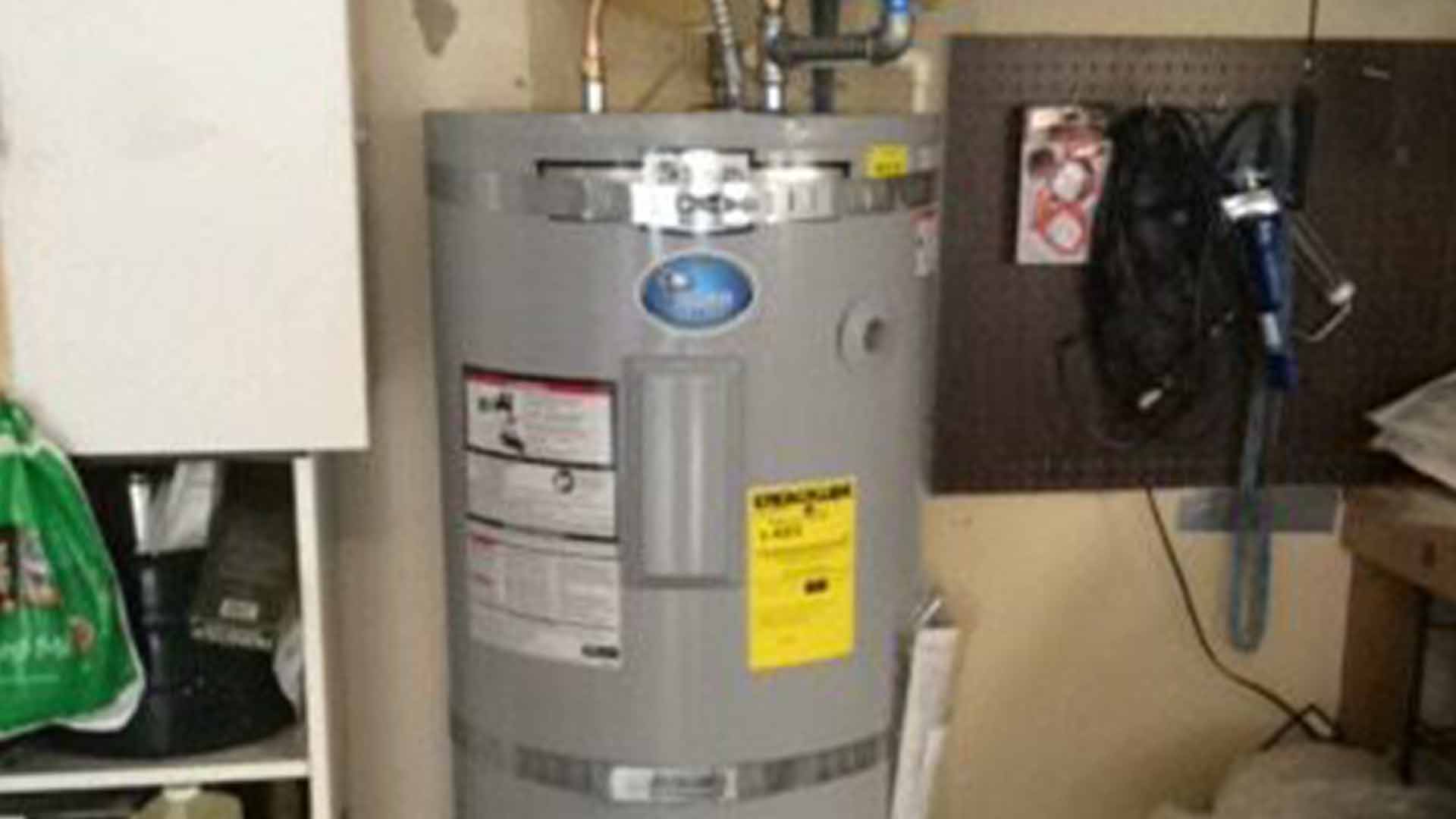
Are you experiencing lukewarm showers or inconsistent water temperatures? It might be time to consider replacing your water heater. In this comprehensive guide, we will walk you through the process of water heater replacement, from understanding the signs of a failing unit to selecting the right replacement. Let’s dive in!
-
Signs that your water heater needs replacement:
Before jumping into the replacement process, it’s crucial to identify the signs that indicate your water heater is on its last legs. Look out for rusty water, strange noises, leaks, insufficient hot water, or an aging unit beyond its expected lifespan. If you notice any of these signs, it’s time to start considering a replacement. A typical water heater should last eight to twelve years.
-
Types of water heaters:
There are several types of water heaters available in the market, each with its own pros and cons. The most common types include tankless water heaters, storage tank water heaters and heat pump water heaters. Understanding the differences between these options will help you make an informed decision based on your needs, budget, and energy efficiency preferences.
-
Sizing your new water heater:
Choosing the right size for your new water heater is crucial to ensure optimal performance and energy efficiency. Factors such as the number of household members, peak hot water demand, and the size of your home will determine the appropriate size. Consulting with a professional plumber or using online sizing calculators can help you determine the right capacity for your replacement unit. Do you have a large soaking tub – you may want consider a larger sized tank unit or an on demand tankless system..

-
Energy efficiency considerations:
Replacing your water heater provides an excellent opportunity to upgrade to a more energy-efficient model. Look for units with high Energy Factor (EF) ratings, which indicate their efficiency in converting energy into hot water. Energy Star certified models are also worth considering, as they meet strict energy efficiency guidelines set by the Environmental Protection Agency (EPA).
-
Finding a professional installer:
While some homeowners may opt for a DIY approach, it’s highly recommended to hire a professional plumber for Water Heater Replacement. They have the necessary expertise, tools, and experience to ensure a safe and efficient installation. They will make sure your unit conforms to current plumbing code so your manufacturer’s warranty will be in effect. Ask for recommendations, check online reviews, and request quotes from multiple plumbers to find the right one for your project.
-
Cost considerations:
Water heater replacement costs can vary depending on factors such as the type of unit, size, installation complexity, and location. It’s essential to budget for both the unit itself and the installation costs. Additionally, consider long-term savings on energy bills that come with more efficient models, which can offset the initial investment.
Conclusion:
Water Heater Replacement is a significant decision that can greatly improve your daily comfort and energy efficiency. By understanding the signs of a failing unit, exploring different types of water heaters, sizing your new unit correctly, considering energy efficiency, finding a professional installer, and budgeting for the project, you’ll be well-prepared to make an informed decision. Don’t hesitate to reach out to a professional plumber for guidance throughout the process. Enjoy your hot showers and peace of mind with a brand-new water heater!












